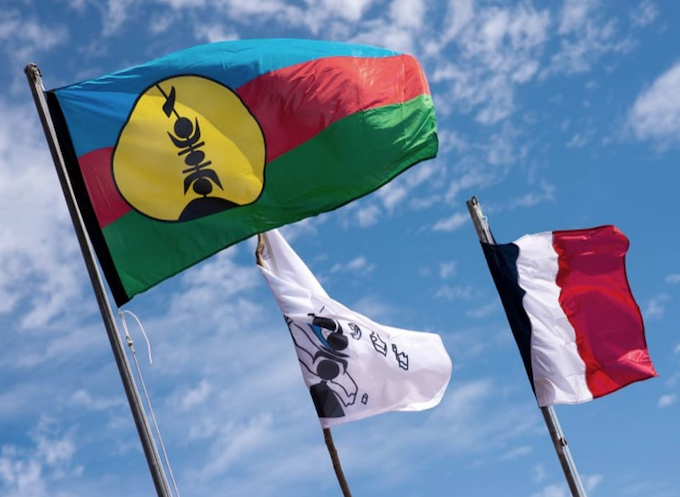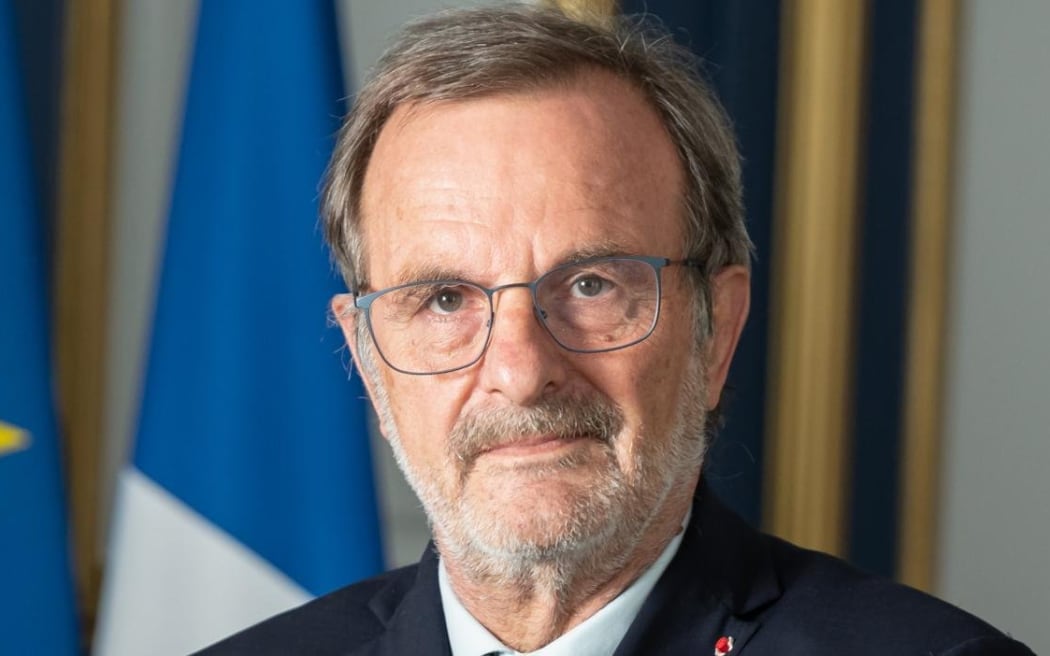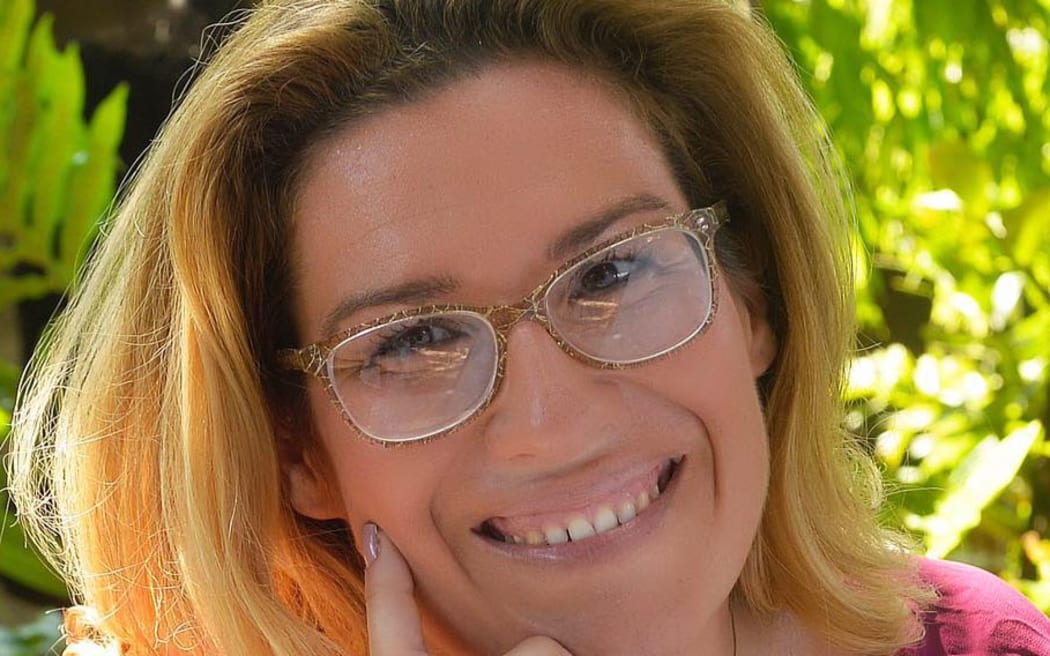
None of the parties making up New Caledonia’s pro-independence Kanak and Socialist National Liberation Front (FLNKS) will attend this week’s talks in France about New Caledonia’s new political statute.
The previously undecided UNI faction also said it would be absent after the FLNKS had already said it would not send an official delegation to Paris.
Last December, more than 96 percent voted against full sovereignty for New Caledonia in the last of three referendums on independence from France held under the 1998 Noumea Accord.
However, the pro-independence groups boycotted that vote after unsuccessfully seeking a postponement due to the impact that the covid-19 pandemic had had on the indigenous Kanak population.
Turnout of the eligible voters was less than 44 percent.
The Accord stipulates that in the case of three “no” votes, the political partners would meet to examine the situation – which had now arisen.
The Accord, which provided for a gradual and irreversible transfer of power from France to New Caledonia, expired amid controversy as the pro-independence side refused to recognise the vote as the legitimate outcome of the decolonisation process.
Right to self-determination
The territory has been on the UN Decolonisation list since 1986, based on the Kanak people’s internationally recognised right to self-determination.
The pro-independence parties abstained from voting after Paris refused to postpone the referendum to this year over concern triggered by the pandemic’s impact on the indigenous Kanak population.
A legal challenge in France’s highest administrative court — filed by the Kanak customary Senate — was rejected, with the court ruling in June that the impact of the pandemic was not a reason to consider the referendum invalid.
Discussions on New Caledonia’s future status were put on hold for the better part of the first half of this year because of campaigning for first the French presidential and then the parliamentary elections.
Two ministers in the new French government formed in June promised to visit New Caledonia but abandoned their plans, making last month’s arrival of the new junior Overseas Minister Jean-Francois Carenco in Noumea the first visit of a minister of the new administration.

Tasked with re-establishing dialogue among the key parties, Carenco concluded days of talks with a cross-section of leaders with an announcement that the key leaders would meet in Paris in October.
Following his trip, the plan was for both pro- and anti-independence leaders to meet the Interior Minister Gerald Darmanin for separate bilateral talks on Thursday, followed by a broader meeting on Friday, chaired by Prime Minister Elisabeth Borne.
Wider representation
The gathering under her leadership — dubbed Convention of Partners — is expected to include representatives of sectors of society outside the political leaders that made up the signatories to the Noumea Accord.
The UNI faction of the FLNKS explained its absence this week by saying it failed to get a reply from Carenco about details of the planned talks.
The anti-independence parties, however, will attend the talks, as will the ethnic Wallisian party and kingmaker in New Caledonia’s Congress, the Pacific Awakening party.
A leading anti-independence politician and president of New Caledonia’s Southern Province, Sonia Backes, said she would quit her position in the French government if it failed to open up New Caledonia’s electoral rolls.

Backes was made Secretary of Citizenship within the French Interior Ministry when Borne reshuffled her government in July.
Under the Noumea Accord, which is enshrined in the French constitution, voting rights in provincial elections are restricted to indigenous people and residents living in New Caledonia since the 1990s.
The anti-independence camp said restricted electoral rolls could no longer be justified after last December’s vote.
Threat to resign
Backes said she would resign from the Paris job if the government did not change the rolls or went against what New Caledonians had voted for — a reference to the electorate’s rejection of full sovereignty in three referendums.
Pro-independence leaders, however, insist that the rolls must not be touched, fearing a change would “bury the indigenous Kanaks as a minority”.
More than 40,000 French residents lack full voting rights in New Caledonia, being allowed to vote in French national elections only.
The anti-independence side insists the opening of the electoral roll has to be integral to a new statute for a New Caledonia within France.
Last year, Paris announced plans for a new referendum in June on a new statute, but the project was deferred in the face of the pro-independence parties’ refusal to engage in the process outlined by France.
Comprehensive talks on the referendums’ aftermath will have to wait until the pro-independence signatories to the Noumea Accord agree to negotiate.
This article is republished under a community partnership agreement with RNZ.












































